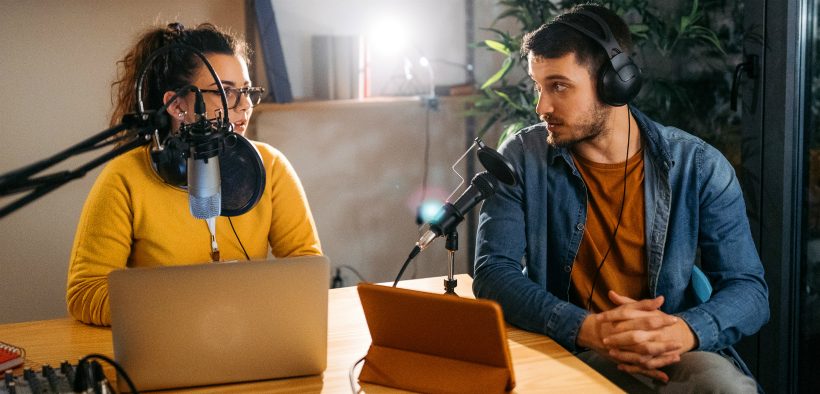As part of our teaching philosophy, we believe in the value of exploring contentious issues with our students to encourage civic engagement and effective leadership. When we introduce contentious issues in the classroom, we define a contentious topic as one that is (1) debatable and inconclusive among experts and (2) deeply important to the general public (Zimmerman & Robertson, 2017). In the process of introducing contentious topics, however, we learned that we run the risk of confronting comments from students such as the following:
Teaching and Learning Social Skills through Learner-Generated Podcasts

Related Articles
I have two loves: teaching and learning. Although I love them for different reasons, I’ve been passionate about...
Active learning is a mostly meaningless educational buzzword. It’s a feel-good, intuitively popular term that indicates concern for...
Perhaps the earliest introduction a student has with a course is the syllabus as it’s generally the first...
Generative AI allows instructors to create interactive, self-directed review activities for their courses. The beauty of these activities...
I’ve often felt that a teacher’s life is suspended, Janus-like, between past experiences and future hopes; it’s only...
I teach first-year writing at a small liberal arts college, and on the first day of class, I...
Proponents of rubrics champion them as a means of ensuring consistency in grading, not only between students within...







